23, October 2025
CAMEROONIANS MUST RISE AND DEFEND THEIR VOTES 0
A stolen election, dressed in constitutional formality, is broad daylight robbery sanctified by cowards.
“These are the times that try men’s souls.” When Thomas Paine wrote those immortal words in the winter of revolution during the American war of independence, he was not speaking to soldiers alone; he was speaking to every soul faced with tyranny and called to courage. Today, that call echoes across Cameroon. The ballots have been cast, the people have spoken, and now the nation stands on the precipice of history. Shall we stand upright as citizens, or bow once more as subjects? The hour for cowardice has passed. History will not absolve those who championed loyalty to a dying monarch against fidelity to a living nation.
Cameroon stands at the threshold of deliverance or damnation. Every Cameroonian, from Maroua to Bamenda, from Mamfe to Bertoua, from Buea to Ebolowa, must understand this truth: freedom is never granted; it is won. As Nelson Mandela reminded the world, “To be free is not merely to cast off one’s chains, but to live in a way that respects and enhances the freedom of others.” Today, to defend your vote is to defend your neighbor’s dignity, your child’s future, and your nation’s soul.
When Issa Tchiroma Bakary declared victory; not as an act of arrogance, but as an affirmation of the people’s will; he summoned the deepest chords of our collective conscience. “The people have chosen. And this choice must be respected.” His words were not mere rhetoric; they were a covenant, a reminder that sovereignty belongs not to palaces, nor to the aged throne of Paul Biya, but to the millions who braved sun, fear, and intimidation to cast their votes.
For 43 long years, Cameroon has been imprisoned in a gilded cage of stagnation. Paul Biya’s rule has become, in the haunting words of Václav Havel, “a system so entrenched in its own lies that it no longer knows the truth.” Our youth flee across deserts and seas because home has become a waiting room for the future that never arrives. Our economy drifts, our voices are muted, and our dreams deferred – all while the machinery of state rusts under the weight of arrogance and decay.
Yet in this moment, something ancient and indestructible has stirred: the will of a people who have had enough. As Dr. Martin Luther King Jr. proclaimed, “There comes a time when people get tired of being trampled by the iron feet of oppression.” That time is now. Let us be clear: any attempt to annul, distort, or hijack the verdict of the ballot is not politics; it is treason against the republic. To steal a people’s mandate is to desecrate the sacred altar of democracy. As Abraham Lincoln said, “The ballot is stronger than the bullet.” But only if it is defended. For when the ballot is betrayed, the bullet is emboldened.
The Biya regime and its instruments must hear this clearly: legitimacy does not flow from decrees or uniforms. It flows from the consent of the governed. And consent withdrawn cannot be reimposed by force. If the Constitutional Council becomes the handmaiden of fraud, it will not be an arbiter of justice but a gravedigger of the republic. To the military and the security services; remember your oath. You swore loyalty to the flag, not to the man who hides behind it. “When injustice becomes law,” as Thomas Jefferson warned, “resistance becomes duty.” You are protectors of the nation, not the enforcers of one man’s vanity.
To civil society, to journalists, to the clergy: “The only thing necessary for the triumph of evil is for good men to do nothing.” (Edmund Burke) Now is the time to speak truth with fire, to write with courage, to march with peace, and to refuse the narcotic of silence. Your pens, your pulpits, your cellphone cameras – they are the weapons of light. Use them. And to the international community; neutrality in the face of theft is complicity in the crime. Let no one pretend that the “electoral process must take its course” while the process is strangled in its cradle. As Archbishop Desmond Tutu reminded us, “If you are neutral in situations of injustice, you have chosen the side of the oppressor.”
This is not about Issa Tchiroma alone. This is about every Cameroonian who still believes that tomorrow can be different from yesterday. It is about the farmer in Mayo-Louti who voted for a fairer market, the teacher in Bamenda who voted for peace, the student in Yaoundé who voted for a future, the mother in Douala who voted for dignity. The world is watching. History is recording. And generations yet unborn will ask: When the moment came, did we stand or did we shrink?
So, rise Cameroonians! Stand tall as guardians of your own destiny. Defend your votes with discipline, with courage, and with peace. Let your voices be firm but your hands be clean. For as the great poet Maya Angelou said, “We may encounter many defeats, but we must not be defeated.” The verdict of the people is not a rumor to be silenced; it is a revelation to be respected. No hand, no power, no decree must be allowed to steal this victory. The time for fear has passed. The time for courage has come. Let every heart echo this truth: Cameroon shall not sleep through its revolution. The people have spoken, and their voice must stand, sovereign, sacred, and unbroken.
By Ekinneh Agbaw-Ebai

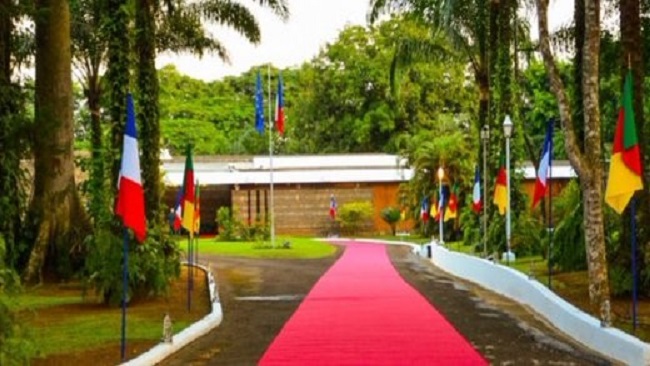
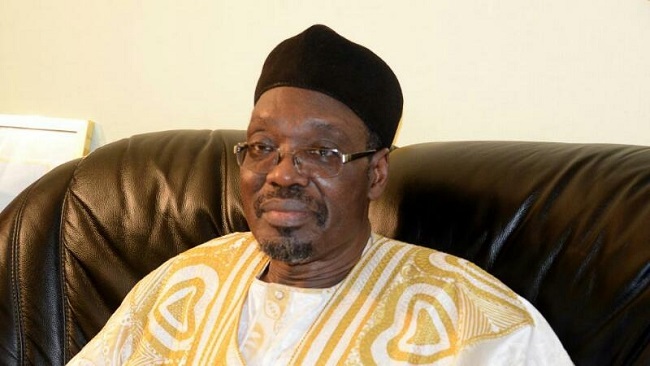
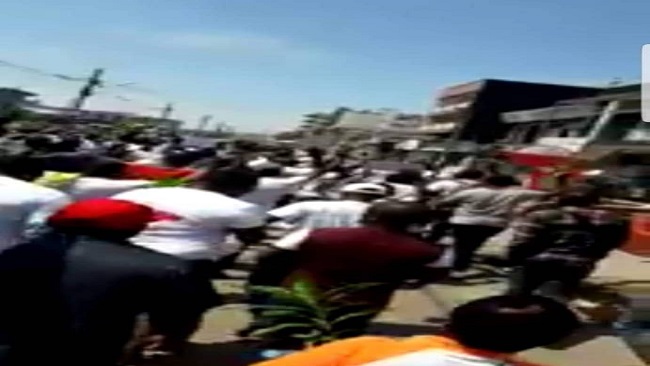
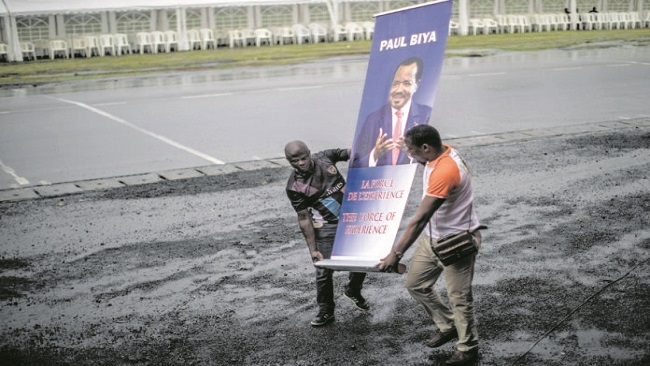
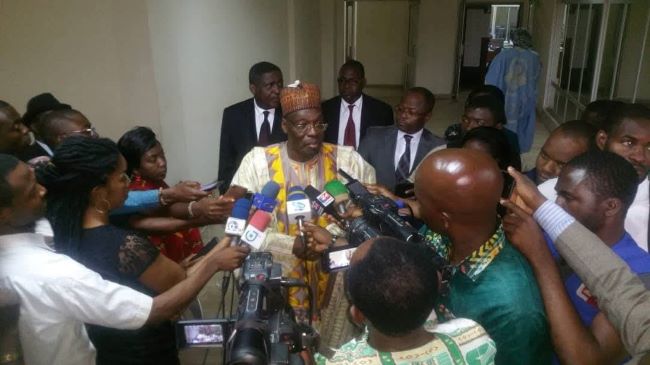

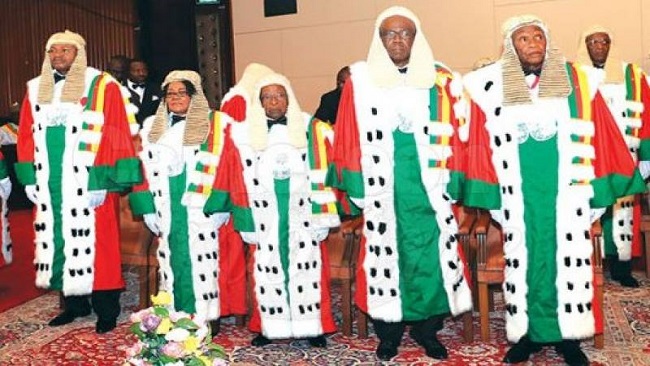


















23, October 2025
Cameroonian youths ready to chase Biya out of Etoudi! 0
As ruling party officials are calling for calm, so too are young Cameroonians planning to make Cameroon ungovernable with the objective of taking the country’s ailing president out of the presidential palace.
Cameroonian youths are tired being unemployed, molested by the country’s authorities and disrespected by their government.
Cameroonian youths are tired being babies. They want to demonstrate that they have come of age and that it is their time to determine the country’s political destiny.
The calls for massive demonstrations after the proclamation of doctored election results in favor of a dying president are resonating with young Cameroonians in all the nooks and crannies of the country given that they had voted for change but the country’s election body, ELECAM, has doctored the results to favor the incumbent, Paul Biya, 96 (real age) who is suffering from acute senility.
Cameroonians have concluded that this is one election fraud too many. Cameroonians have taken a lot and they are not willing to be served by a government which has, at best, been irresponsible.
The message from the country’s youths is clear. They don’t want to deal with a government which is rich in vain promises and low on concrete actions. They are ready to chase Mr. Biya out of power if he does not respect himself. It is up to him to leave honorably if he prefers dignity.
The government has for forty-three made empty promises, always promising gold and delivering hardship. The government’s words are enticing but if you scratch beyond the surface, you see that it is a government which will never change its old ways.
Cameroonians have always heard huge figure being announced for development projects, but these projects have only been implemented on paper.
Today, because Cameroonians are united and determined to head to the Unity Palace to dislodge Mr. Biya, the lazy king, from the people’s palace, we are hearing the politicians calling for calm.
Cameroonians have heard these words every day from greedy politicians in Cameroon for forty-three years. The greedy politicians will always declare that the opposition is misleading youths to take to the streets to protest while their children are studying study abroad. The greedy ruling party politicians do not understand that what they see in other people is exactly what they can do. Ruling party politicians are not only greedy, they are manipulative.
Cameroonians who are already on the streets to protest are hungry or frustrated. It is hunger and anger against the ruling party that will drive them to the streets and many young Cameroonians hold that it is high time greedy politicians in Cameroon stopped this rhetoric which is only designed to keep them in power.
By Soter Tarh Agbaw-Ebai